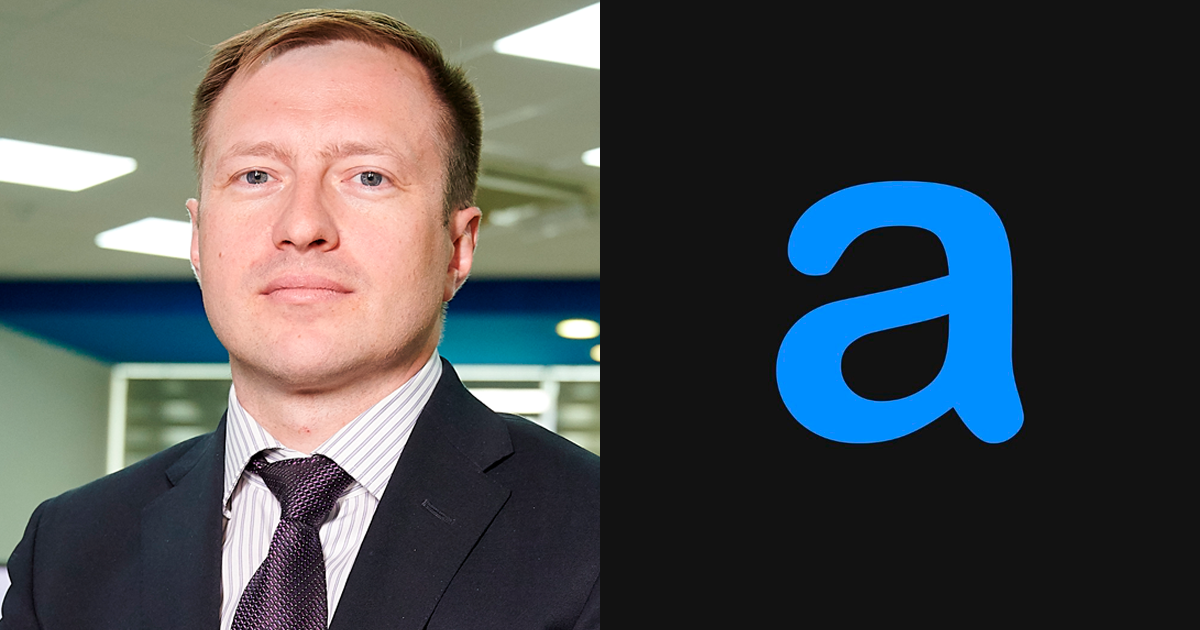We continue to summarize the results of 2023 together with the gaming and near-gaming teams. Next up is an interview with Denis Khamin, co-owner of the Allcorrect studio for game localization and outsourcing of 2D and 3D art.
What was the year like for the company? What have you done that I would like to highlight in terms of achievements?
In 2022, we transported the production office to Serbia and completed this process in 2023. We have never done this before, we have been choosing the country and city for relocation for a long time and it seems that we did not make the wrong choice. Novi Sad, like Samara, stands on the river, there is an active cultural life, many opportunities for travel, especially by bicycle, and clear labor and tax legislation.
Unfortunately, the general decline of the gaming industry has affected us as well. The forecast for 2023 is $7.5 million compared to $8.5 million in 2022, so we have been working on process efficiency for the second half of the year. Now we can handle more projects with fewer people.
In general, 2023 was marked by the introduction of AI both for us and for customers. We have implemented AI in marketing, sales and some production processes with varying success. It seems that optimism about simplifying work with AI has turned out to be excessive in some areas. I would compare it to trying to drive a bolt into a wall with a hammer. The process is loud and exciting, but not always useful.
The main achievement of this year is that we have turned the direction of game art into profit and made this direction more manageable. In our art direction, we strive to do all projects on time as in localization. Judging by the fact that our clients are expanding their cooperation with us, this is the right strategy.
How has the game localization market changed over the year?
Our statistics on languages. The data for 2023 does not include December and part of November, but the statistics will not change much.
Statistics for 2022
Statistics for 2023
LATAM, the "Latin American" version of the Spanish language, has become established as the basic Spanish language. Turkish and Indonesian are still gaining popularity, while Italian has become even less popular. There were more requests for the languages of the CIS countries and Ukrainian, but these are insignificant figures in the total volume of orders.
Has the practice of working with gaming companies changed? How exactly?
We see that many gaming companies, especially large ones, have frozen new projects or postponed them for next year. At the same time, some companies have changed the market — they used to make mobile games, now they release projects for PCs and consoles.
We have more small gaming companies and indie developers in our portfolio, because the latter are not afraid to take risks, and the probability of success is about the same for all of them.
Unlike European and American developers, companies from Asia continue to release new games on mobile markets.
What are the company's plans for next year?
Next year we want to test two new services. To see how interesting they are to our customers and whether we can maintain our usual level of service quality. We plan to return to revenue growth and attract new customers in those countries where gaming markets are growing and business activity is still high.



